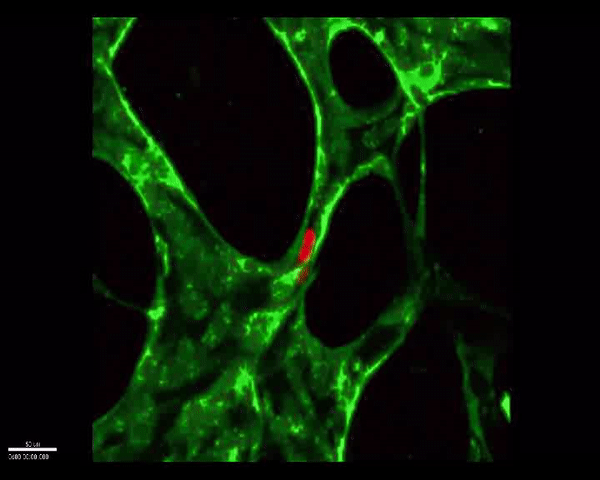Cell and Tissue Engineering Laboratory
Director: Dr. Matteo Moretti
Research Topics
Advanced 3D miniaturized in vitro models

Advanced 3D miniaturized in vitro models closely resemble specific tissues, mimicking the physiological architecture and hierarchical organization of native tissues by combining multiple cell types. These systems couple the advantages offered by traditional macroscale 3D models with the use of a limited amount of cells and reagents, real-time analysis of the whole sample with high-resolution imaging, and precise control of biochemical and biophysical conditions. We design and develop vascularized microscale and mesoscale systems recapitulating the biophysical and biochemical features of different tissues/organs, including bone, muscle, and the articular joint. In our 3D in vitro models, we specifically employ human cells not to neglect specie-specific features and to overcome limitations related to possible differences in cell behavior and/or drug metabolism between animal and human cells. These models are generated by exploiting microfluidics and 3D printing and have been employed to study different biological processes and pathological conditions. In particular, in the context of cancer research, we study the metastatic process by investigating the crosstalk between breast cancer and endothelial cells in organ-specific microenvironments through the establishment of endothelial monolayers or perfusable microvascular networks. We also develop vascularized bone- and muscle-mimicking models to investigate the process of bone remodeling and muscle fibrosis. Finally, we are currently developing microfluidic models of the osteochondral interface as well as of the articular joint to investigate the role of inflammation in the pathogenesis of articular diseases.
